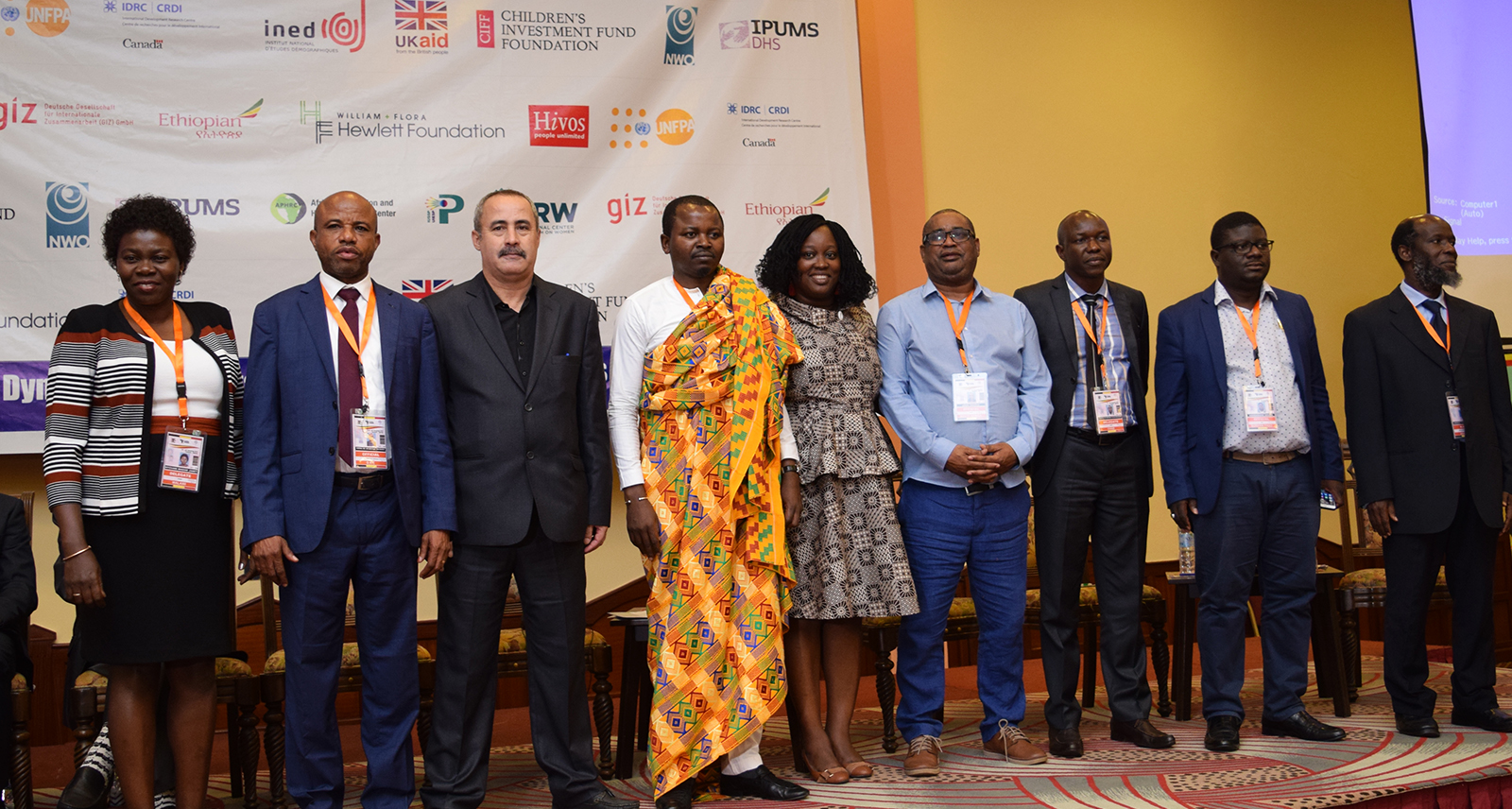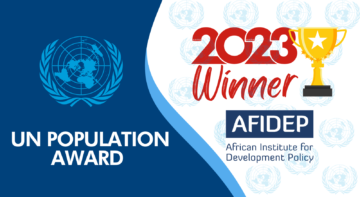Blogs

About 1000 participants who attended the 8th African Population Conference organized by the Union for African Population Studies under the auspices of the Government of Uganda in Entebbe, Uganda on November 18-22 2019 adopted the “Entebbe Declaration” that called on African governments to mainstream population issues in their policies and development plans.
In reading the declaration, Prof Nyovani Madise, AFIDEP Director of Research and Development Policy and Head of the Malawi office, who chaired the conference scientific committee and is the new Vice President of the Union for African Population Studies (UAPS), noted that “African governments’ commitment to the AU Agenda 2063 and the UN Agenda 2030 constitutes a right step towards realising development, but commitment alone will not be enough if concrete steps are not taken to work towards the attainment of these goals.”
According to the conference statement, the continent’s high population growth is at 2.5 per cent per annum and is projected to reach 2.5 billion (about 26% of the world’s total population) in 2050. With the majority of the current population lacking access to basic services, it could get worse, not to mention the strain on the environment and natural resources if sustainable interventions are not made to address the situation.
Although trends have improved over the years, the number of children and mothers that continue to die from infant and maternal preventable and treatable causes is still a source of concern. For instance, “In 2018, 1 in 13 children in sub-Saharan Africa died before their fifth birthday– this is 15 times higher than the risk a child faces in Europe, where just 1 in 196 children aged less than five die,” says the World Health Organisation.
Africa cannot make big leaps in development if these and other prevailing population challenges are not addressed.
The Entebbe Declaration called on governments to ensure population issues were incorporated in long-term and medium-term plans, strengthen data collection institutions and processes such as the census and other administrative surveys, and investing in research for use as evidence in informing development priorities.
There is also a huge opportunity for governments to harness the potential of Africa’s youthful population for a demographic dividend by making the right investments in “quality education, employable skill and sustainable livelihoods through entrepreneurial and job creations.”
There is also a huge opportunity for governments to harness the potential of Africa’s youthful population for a demographic dividend by making the right investments Click To TweetCognizant of the need for a multi-stakeholder approach, the call to action was extended to other players. The civil society organisations, the media and the private sector were urged to “to play their roles in Africa’s development, in programming, financing, as well as holding governments to account.” The researchers challenged themselves to pursue innovative and excellent research, mentor early career researchers and play an active role in having the evidence they produce inform government policy and planning.
The theme of the 8th African Population Conference (APC) was Harnessing Africa’s Population Dynamics for Sustainable Development: 25 Years after Cairo and Beyond. The conference happened a week after the 25th International Conference on Population and Development (ICPD25) where world leaders took stock of progress governments have made since the first ICPD held in Cairo, Egypt in 1994. ICPD25 was a good precursor and provided momentum for deliberations at the 8th APC.
In addition to being part of the conference scientific committee, AFIDEP facilitated and or actively participated in 17 sessions at the conference.
The APC is held every four years and is convened by UAPS, a body whose membership is comprised of demographers and other researchers working on population issues in Africa.
Related Posts





